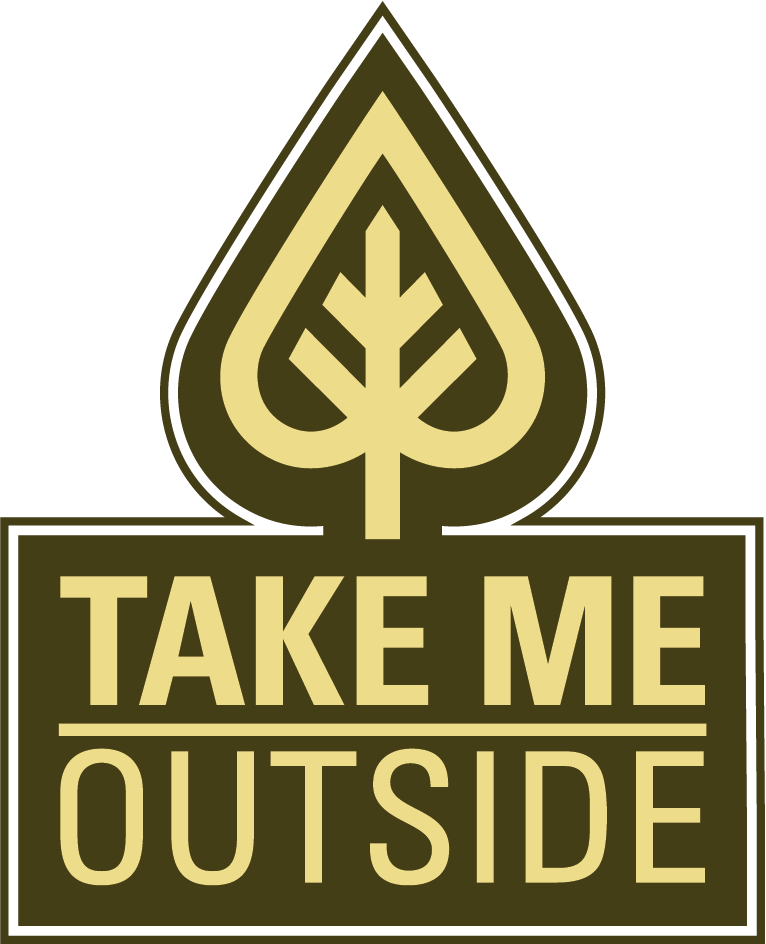28 results for group: block-e
Ripple effect: Working together to protect water
Water Rangers believes that everyone has the right to learn about and help protect water bodies! You will learn how your students can help scientists gather water quality data using the Water Rangers testkits. After an introduction to participatory science and water quality testing, you will test water quality! While testing, we'll discuss how to set up excursions, what the results mean, and how to connect this activity to other topics. The data gathered can be openly shared online. The tools presented are best suited for ages 10 and up, although educators working with all ages are welcome!
Looking to Nature for Climate Change Solutions
Climate change is one of the most complex, interconnected challenges of our time. But we can’t lose sight of the impact we can make if we take collective action and look to nature for inspiration. In this workshop we will take a nature-based, solutions-focused approach by looking at circular economy and renewable energy as ways to combat climate change. Participants will also create their own art using natural elements inspired by the workshop discussions and learn how this ties into GreenLearning’s classroom climate advocacy tool and eco action challenges.
Privileging more-than-human voices in sustainability education: An argument for role-play pedagogy
This workshop will give practitioners and participants the opportunity to experience role-play pedagogy, through engagement with the more-than-human in the environment. This pedagogical strategy involves the activation of evolved, imaginative, ecological engagement and thinking-with or being-with the ‘other.’ The objective of this pedagogical approach is the intentional development of relational awakeness and the building of relational bridges between children and and the ‘other’ in our common worlds.
Project WET Climate, Water and Resilience Mini-Workshop
In Project WET Canada’s Climate, Water, and Resilience Mini-Workshop participants will experience three engaging climate change activities from the educator guide. Each activity includes background information for the teacher, climate connections, STEM and career connections, and a climate resilience activity. The activities enable students to understand climate and climate change through accessing and analyzing reliable science-based data, conducting experiments, and participating in simulations, all of which empower students to combat climate change and build a more resilient future.
Indigenous Games
Nature Saskatchewan and SaskOutdoors will share their experience of discovering their role in Truth and Reconciliation in their community through outdoor and place-based education programs. They will discuss cultural appropriation and the knowledge that was shared with them by Knowledge Keeper, Alphonse Obey from the Pasqua First Nation. Participants will learn about the cultural traditions of several Indigenous games as well as create materials for your own use of these games which were gifted to them to share with others.
Kapabamayak Achaak Healing Forest- Live, Learn, Heal
Kapabamayak Achaak Healing Forest (KAHF) is a living memorial to Indigenous children lost to or affected by the residential school system as a gathering place for families and communities for learning outdoors. In this place, land-based learning, and intergenerational learning programs, connect people to their histories and cultivate sustainability.
The presenters will provide a brief history of the project and provide examples of land-based practices such as Indigenous ways-of-knowing and methodologies, environmental sustainability and wellness on the land.
Centering Indigenous Pedagogy with and for students in the helping professions
SIIT staff and students from the Mental Health and Wellness Diploma program will share some of their experiences and perspectives on how to incorporate Indigenous pedagogy into education. Through a hands-on immersive experience, participants will be guided land-based skills and how to co create knowledge with students to achieve learning outcomes. The activity is a condensed version of a student assignment in the Recreation, Leisure and Wellness course that is part of the MHW curriculum.
Connecting Indigenous Pedagogy to Practical Ways of Teaching Outside the Box
An invitation to see the world of two district Indigenous Education teachers and how they support school wide communities. This is done through showcasing practical examples of bringing land, experiential, play and project based learning to educator's current practice. Their path is to build capacity by helping teachers find their gifts in self discovery by supporting their growth and goals while using culturally responsive teaching models with Indigenous ways of knowing.




